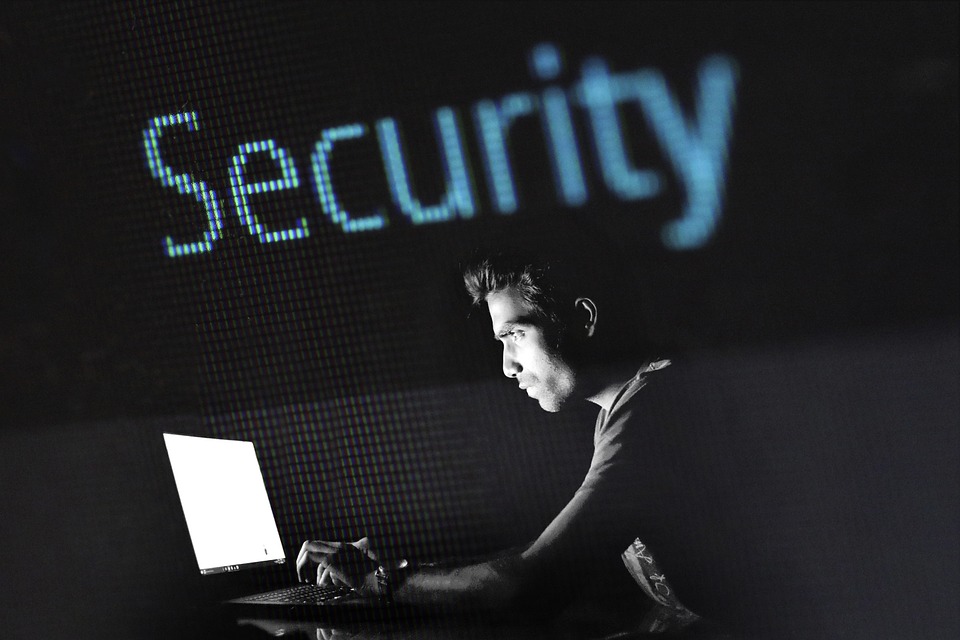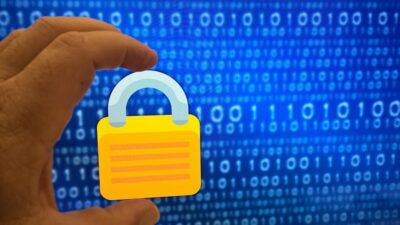The internet is often visualized as a vast, interconnected network comprising various layers of accessibility and information. While most users navigate the surface web—comprising familiar websites like Google, social media platforms, and e-commerce sites—the dark web remains a shadowy, oft-misunderstood extension of this digital landscape. This article aims to demystify the dark web and its relationship to cybercrime, providing practical insights into the risks and realities of this hidden realm.
What is the Dark Web?
The dark web refers to parts of the internet that are not indexed by traditional search engines and can only be accessed through specific software, configurations, or authorization. The most common method of accessing the dark web is via Tor (The Onion Router), a network that anonymizes users by routing their internet traffic through a series of volunteer-operated servers.
While the dark web is infamous for its association with illegal activities, including drug trafficking, weapons sales, and other forms of cybercrime, it also serves legitimate purposes. Whistleblowers, journalists, and activists—especially in oppressive regimes—often use the dark web to communicate securely and share information.
The Intersection of the Dark Web and Cybercrime
Cybercrime is an expansive category that includes a spectrum of illegal activities conducted via the internet. The dark web serves as a marketplace for these crimes in multiple forms:
1. Illegal Goods and Services
- Drugs: Websites like Silk Road gained notoriety for allowing users to purchase drugs anonymously. Although Silk Road was shut down in 2013, numerous similar platforms have since emerged.
- Weapons: Firearms and other illegal weaponry can often be obtained through dark web channels, posing significant public safety risks.
- Stolen Data: Cybercriminals frequently sell stolen credit card information, personal identifying information (PII), and login credentials on dark web forums.
2. Hacking Services
The dark web is home to numerous hacking services known as "hack-as-a-service." Individuals or organizations can hire hackers to perform a range of tasks, from DDoS attacks to data breaches for financial gain.
3. Ransomware
Ransomware attacks have surged in recent years, with many operators advertising their services on the dark web. Attackers can offer ready-made ransomware tools, making it easier for novice criminals to execute attacks.
4. Fraud and Scams
The anonymity of the dark web fosters a variety of fraudulent schemes, from Ponzi schemes to fake or duplicated merchandise. Users seeking illicit gains often find themselves easily deceived.
Risks of the Dark Web
While the allure of the dark web can be tempting for thrill-seekers, it is fraught with significant risks:
1. Legal Consequences
Engaging in illegal activities, even inadvertently, can lead to severe legal repercussions. Law enforcement agencies across the globe actively monitor dark web activities.
2. Cybersecurity Risks
Navigating the dark web exposes users to potential cyber threats, including malware, phishing scams, and identity theft. Cybercriminals often exploit unsuspecting users by planting malicious software on their devices.
3. Ethical Considerations
Engaging with the dark web raises ethical questions, especially when it comes to facilitating harm or consuming stolen information. Users must consider the broader implications of their activities.
4. Scams and Deception
The anonymity of the dark web makes it a breeding ground for scams. Many vendors may not deliver the goods or services promised, leading to a loss of money and time.
Navigating Safely
If you’re intent on exploring the dark web, take safety precautions:
- Use a VPN: A Virtual Private Network adds a layer of encryption to your online activities, protecting your identity.
- Avoid Personal Information: Never share sensitive personal details that could jeopardize your privacy.
- Exercise Caution with Links: Malicious links are prevalent; refrain from clicking on anything that seems suspicious.
- Engage in Legal Activity: Ensure your exploration remains within the legal boundaries to avoid potential repercussions.
Conclusion
The dark web serves as a complex ecosystem that balances opportunities for anonymity and privacy with the risks and realities of cybercrime. While it is tempting to view the dark web purely as a den of illicit activity, it also has legitimate uses. Understanding the dark web’s nature and its potential dangers is crucial as we move deeper into the digital age. Awareness and vigilance are your best defenses—whether you’re a casual internet user or someone tempted by the allure of the hidden web.



